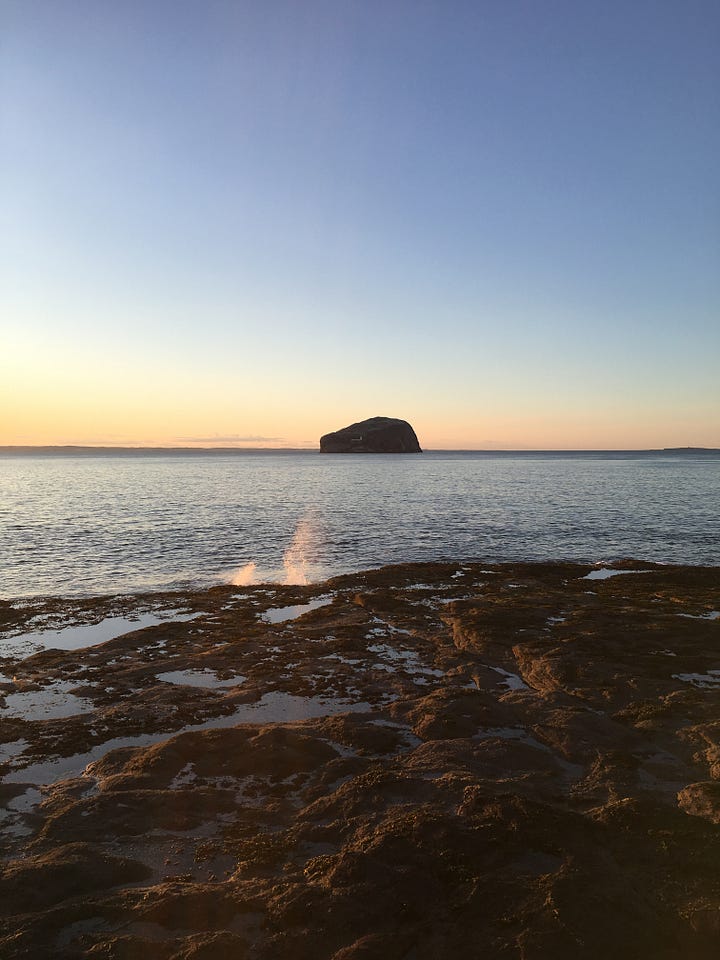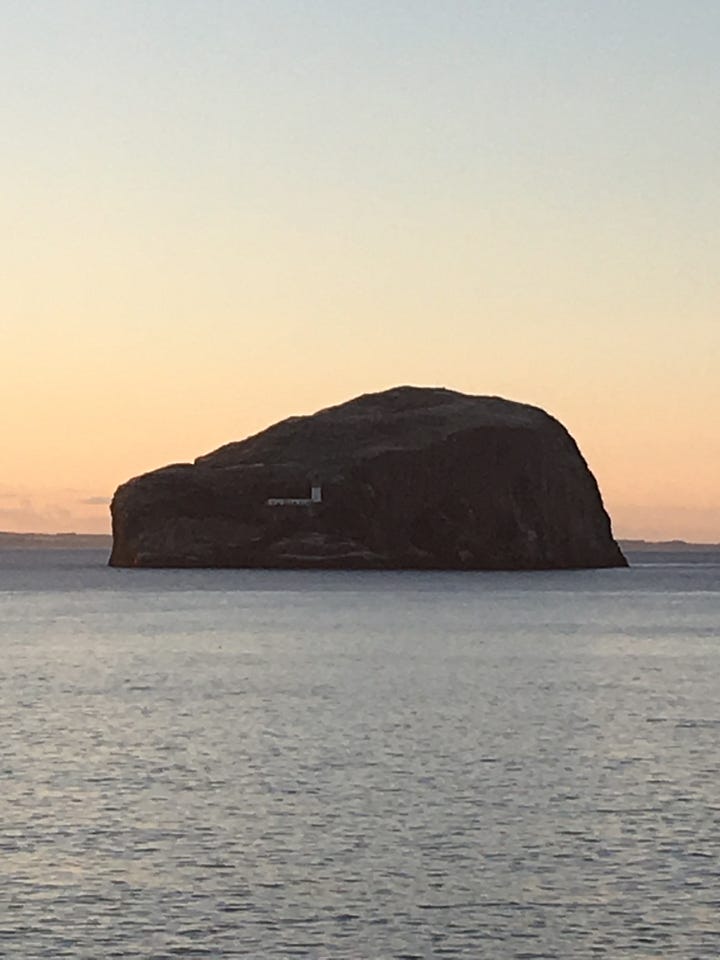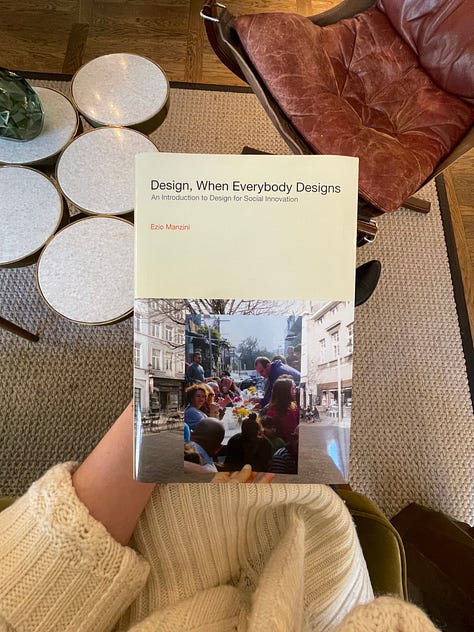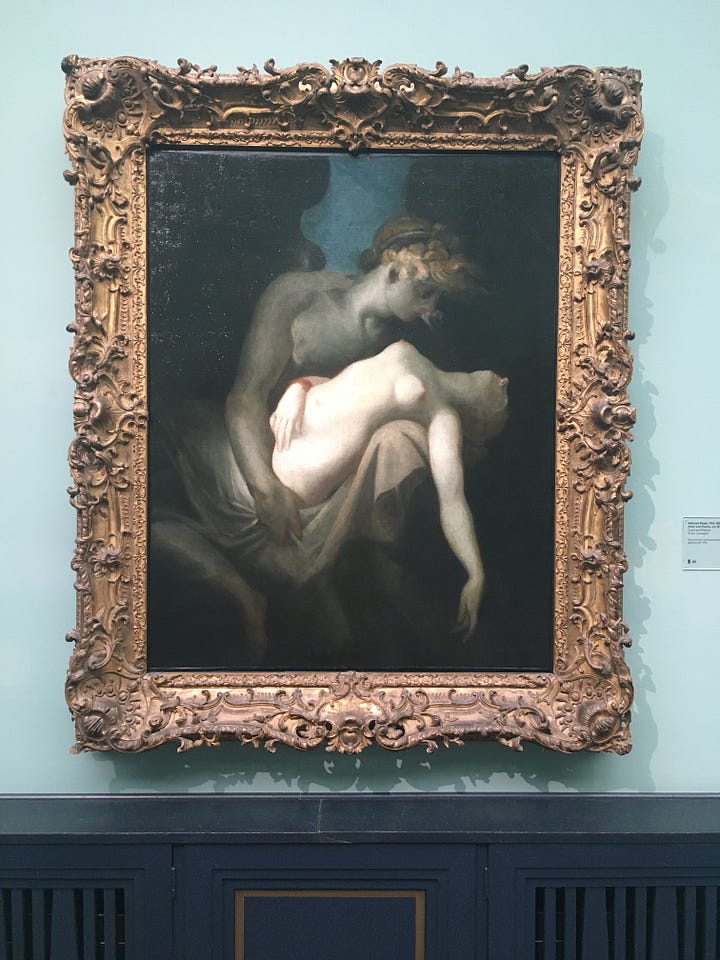On Desires, Aspirations, And The Places That We Crave
Snippets from René Girard, Agnes Callard, Hans Ulrich Obrist
Welcome to The Flâneurs Project. This post is part of our Longing for Places series. I am always so happy to interview people about the places they love - you can book a time slot here if you want to share your stories, or if you simply want to connect.
When one makes a radical life change, one does not submit oneself to be changed by some transformative event or object; one’s agency runs all the way through to the endpoint. The nature of that agency, as I shall argue, is one of learning: coming to acquire the value means learning to see the world in a new way. - Agnes Callard
On desires, or why do we desire certain places
In the past eight years I have unrooted myself nine times. By unrooting I mean the process of leaving a home behind and rebuilding a new one in a new place.
It might seem romantic, and definitely nomadic, but it’s an excruciating process as we, humans, own too many things. Before I wrote this very sentence, I was going through boxes of buttons, cables, books, stickers, envelopes, (dozens of envelopes!), and I couldn’t believe the multitude of things that I own and that own me. As I was curating and setting up the right environment for my new office desk, I came to the realisation that just after two months of living here, in this new home in The Hague, I finally started feeling at home - the writing desk being the equivalent of the heart(h) of our home.
Last night, as I was carefully placing my “aspiration” books on the shelves embedded in my desk, I had to return to an obsessive question that I have been pondering for a while now: why do we deeply crave certain places?
We don't even know what our desire is. We ask other people to tell us our desires. We would like our desires to come from our deepest selves, our personal depths - but if it did, it would not be desire. Desire is always for something we feel we lack.
René Girard
More precisely, why do certain places make us feel hopeful and finally at home? To share a personal example, in the summer of 2019, right after my grandmother’s death, I had this longing to live for some days in a little town in Scotland, North Berwick, 31 km away from Edinburgh. This unknown place, visited briefly once before, became an oasis of imagination and grief-processing. I saw myself and others more clearly there than in Berlin, where I lived at that time.


Aspirations
I wonder how much we see ourselves in these (new) places that we desire, or some aspiring versions of ourselves: clean slates, new values, an (addictive?) sense of hope. North Berwick is one of my many “aspiration-places” as I would like to call them, together with Donostia, Engadin, and Arth.
This week’s curations
Books / Essays / Articles



“Why do humans have such a remarkable capacity for conflict? From ancient foundational myths to the modern era, the visionary thinker Rene Girard identified the constant, competing desires at the heart of our existence - desires that we copy from others, igniting a contagious violence. This remarkable and accessible new selection of Girard's work shows him as a writer for our times, as he ranges over human imitation and rivalry, herd behaviour, scapegoating and how our violent longings play out in stories, from Shakespeare to religion.”
“Manzini distinguishes between diffuse design (performed by everybody) and expert design (performed by those who have been trained as designers) and describes how they interact. He maps what design experts can do to trigger and support meaningful social changes, focusing on emerging forms of collaboration.”
“Are we all artists, if we just make the art? Or are artists special in some way?
Obrist: That’s a Beuysian question. In 1973, [Joseph] Beuys said that everyone is an artist because “only art is capable of dismantling the repressive effects of a senile social system that continues to totter along the deathline: to dismantle in order to build a social organism as a work of art”. He’s saying that there’s something positive in everyone engaging in an activity related to art. But then at the same time it’s relatively rare that an artist, like Goya, continues to resonate down through the centuries.”
Salons & Conferences
This afternoon I am hosting an Interintellect salon in Amsterdam, at Café De Pels, as there are many members and friends flying from the US and visiting Amsterdam for the Network State Conference.
Art
Johann Heinrich Füssli was a Swiss painter, draughtsman, and writer on art who spent much of his life in Britain. Many of his works depict supernatural experiences, such as The Nightmare. He painted works for John Boydell's Shakespeare Gallery and created his own "Milton Gallery". His style had a considerable influence on many younger British artists, including William Blake.1


Food and Wine
If you’re ever visiting the wineyards & bodegas in the Ribera del Duero region in Spain, I recommend trying some tapas and hot dishes at El 51 Del Sol.


Onwards,
Patricia
Source: https://www.tate.org.uk/art/artists/henry-fuseli-198





